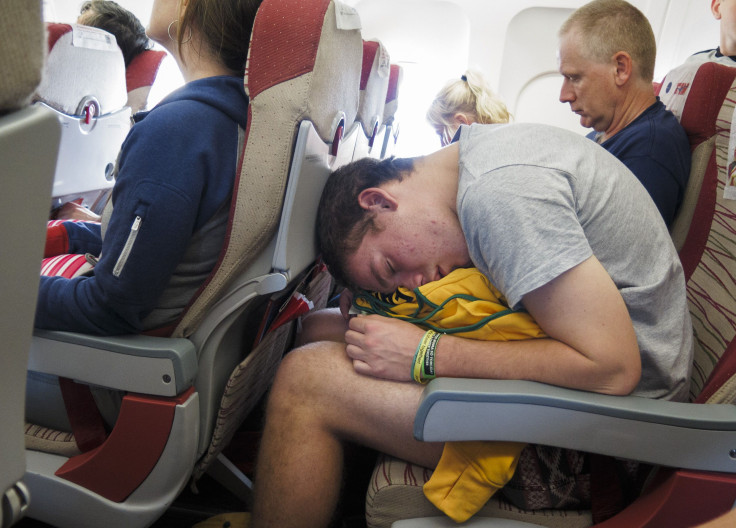Snoring Men Who Sleep Excessively Throughout The Day Are More Depressed: Study

Men who have obstructive sleep apnea have a higher risk of depression, a study has revealed. Even though the cause-and-effect relationship between the two has still not been proved, researchers believe that there is a strong connection between sleep apnea and depression in men.
According to a study by Carol Lang, a research fellow in the department of medicine at the University of Adelaide, Australia, men who suffer from undiagnosed severe obstructive sleep apnea (OSA) are at nearly double the risk of developing depression of those who do not have this form of sleep apnea. In addition, the research also revealed that men who have undiagnosed sleep apnea and also tend to sleep excessively during the daytime are even more prone to depression. The researchers claimed that the depression risk in such men is nearly five times higher, compared to men with no sleep apnea.
"Many of the symptoms of OSA and depression overlap, such as tiredness, fatigue, daytime sleepiness, low vitality and poor concentration," Lang explained. However, she said that although no conclusion can be drawn about a cause-and-effect relationship between the two, there seems to be a strong connection between sleep apnea and depression in men.
During the study, Lang studied nearly 860 men aged between 35 and 83. The study period spanned across five years. During the study period, the male subjects were screened for depression twice. In addition, they were also scrutinized using the sleep test studies to see if they had OSA. Simultaneously, the researchers also analyzed 1,875 men with the help of a questionnaire and tracked the relationship, if any, between the presence of sleep apnea and excessive daytime sleepiness (EDS).
“Men with previously undiagnosed OSA and EDS had 4.2 times greater odds of depression than subjects without OSA and EDS and 3.5 times greater odds of depression than individuals with either OSA or EDS alone,” the study concluded.
Contact the writer at: emailtoguneet@gmail.com.
© Copyright IBTimes 2025. All rights reserved.




















